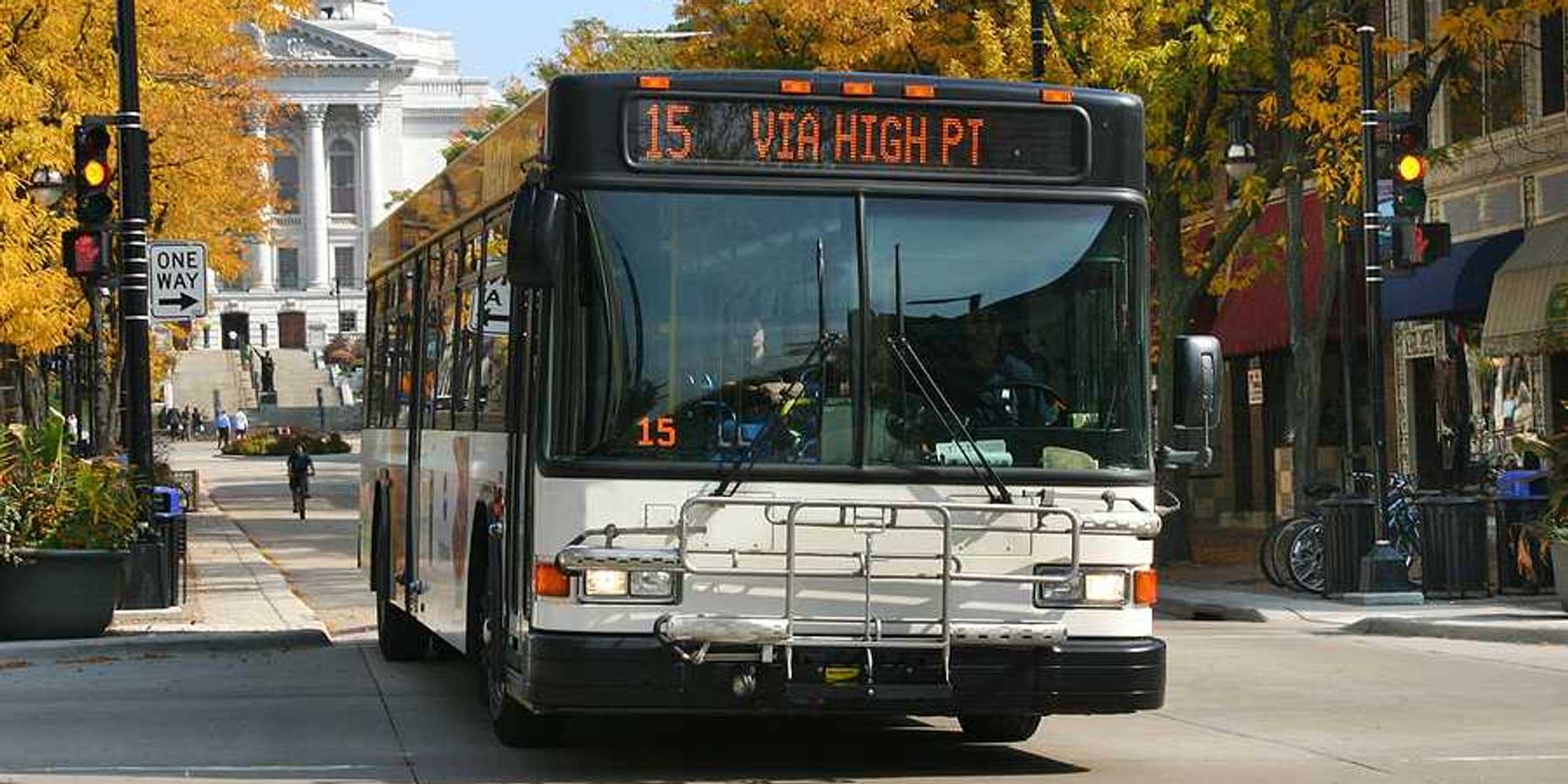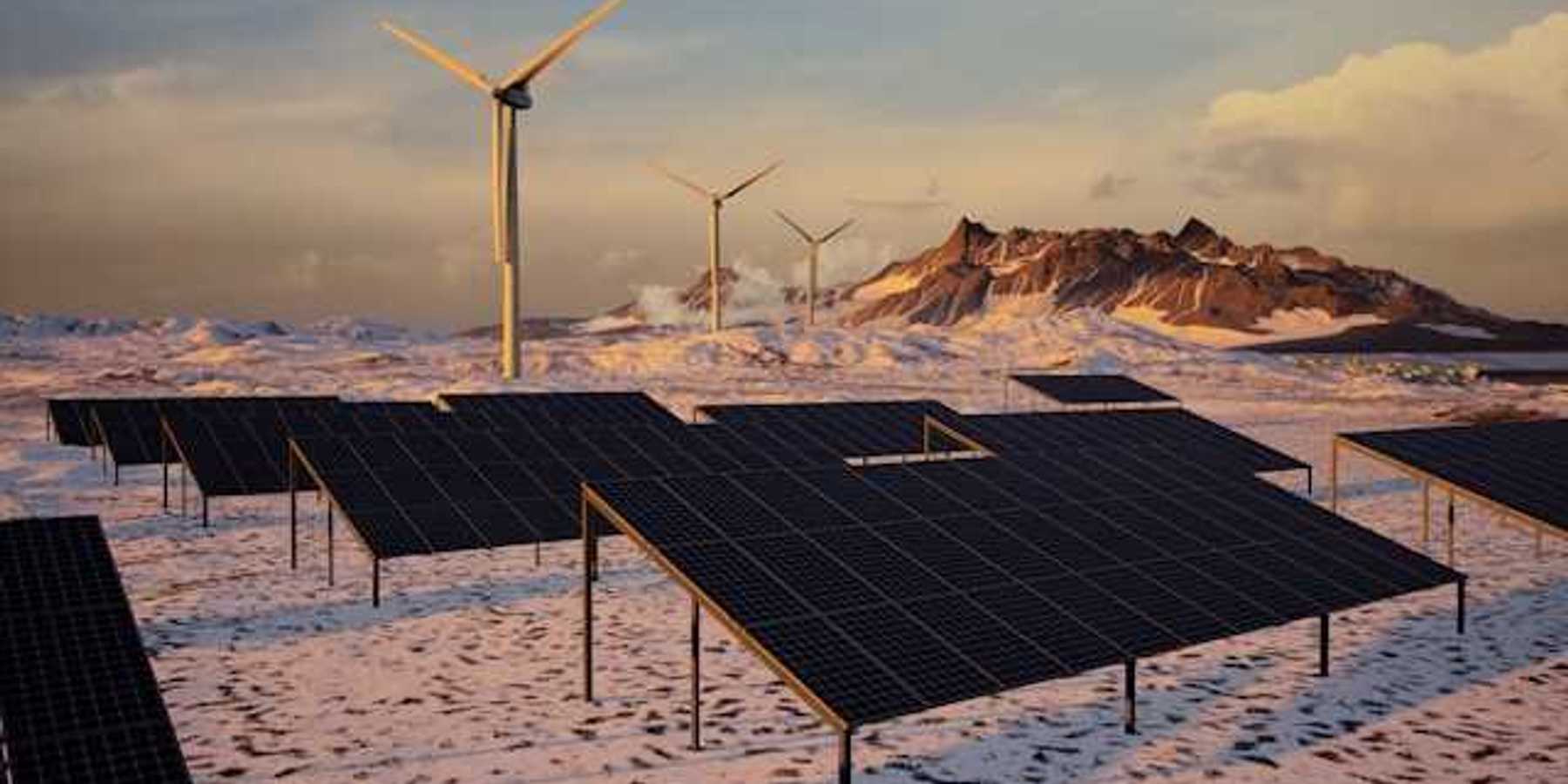Trump’s AI push aims to bypass environmental rules for new data centers
The Trump administration unveiled an initiative to accelerate artificial intelligence development by waiving environmental reviews for new data centers, raising concerns among advocates about pollution, water use, and community impacts.
Shannon Kelleher reports for The New Lede.
In short:
- The AI action plan would exempt AI data centers from National Environmental Policy Act reviews and streamline permits under major environmental laws, while opening federal lands for their construction.
- Energy Secretary Chris Wright framed the initiative as a “next Manhattan Project,” while groups like Food & Water Watch and the Southern Environmental Law Center warned it would extend reliance on fossil fuels and reduce community oversight.
- Data centers already consume vast energy and water, and studies project their pollution could cause over 1,300 premature deaths annually by 2030, with disproportionate impacts in Black communities near facilities such as Elon Musk’s xAI site in Memphis.
Key quote:
“All too often, big corporations like xAI treat our communities and families like obstacles to be pushed aside. We cannot afford to normalize this kind of environmental injustice.”
— Derrick Johnson, president and CEO of the National Association for the Advancement of Colored People
Why this matters:
Artificial intelligence development depends on sprawling data centers that devour power and water, often tethered to fossil fuel grids. These facilities can release air pollutants linked to respiratory illness and greenhouse gases that drive climate change. Communities near such sites — frequently low-income or minority neighborhoods — face heightened exposure without clear avenues to challenge siting decisions. The federal move to relax environmental review could speed construction but risks sidelining public health protections as the industry’s energy demands surge. By 2028, projected electricity use and water needs for AI servers could rival those of entire nations, amplifying tensions between technological ambition and environmental limits.
Read more: Trump moves to speed AI growth by cutting environmental protections













